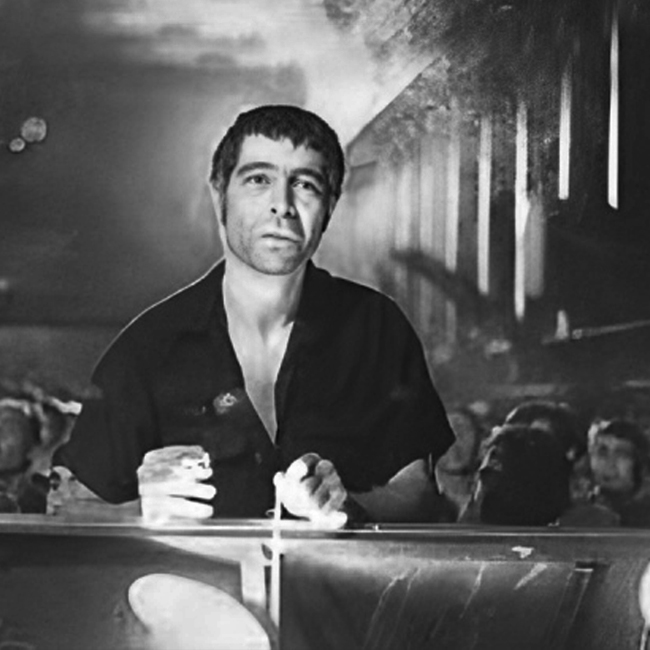

Gavaznhā (The Deer) was directed by Iranian filmmaker, screenwriter, and producer, Masoud Kimiai, who also directed Qaysar (Caesar; 1969) and assisted in the making of Gāv (The Cow; 1968). According to most critics, Gavaznhā can be considered one of the most important political/social films in the history of Iranian cinema. In accordance with the political conditions of the 1970s in Iran, and with the existence of conflict between the government and guerrilla and radical groups in the political environment of that time, themes such as poverty, prostitution, addiction, humiliation, helplessness in place of character development, struggle, the pursuit of justice, and protest, transformed the film’s characters into representatives of the above currents and Iran’s social and political classes. Gavaznhā’s plot is classified as a melodrama, invoking themes of friendship, honor, socio-economic polarization, and tragic heroism. The movie focuses on the marginalization of the poor and uneducated class under the rule of Mohammad Reza Pahlavi. The presentation of such social issues in the film’s plot was such that the Iranian Intelligence Organization compelled the director and producer of the film to change the film’s ending. In 1979, during the Islamic Revolution of Iran, the Rex Cinema in Abadan was set on fire by religious fanatics during the screening of the movie, as a result of which about 420 innocent people were burned in the fire, and this tragedy was also added to the history of the political atmosphere of the film. Gavaznhā was screened as part of the 2021 International Film Festival Rotterdam’s “Cinema Regained” program, which focused on showcasing restored classics, documentaries on film culture, and explorations of cinema heritage.
